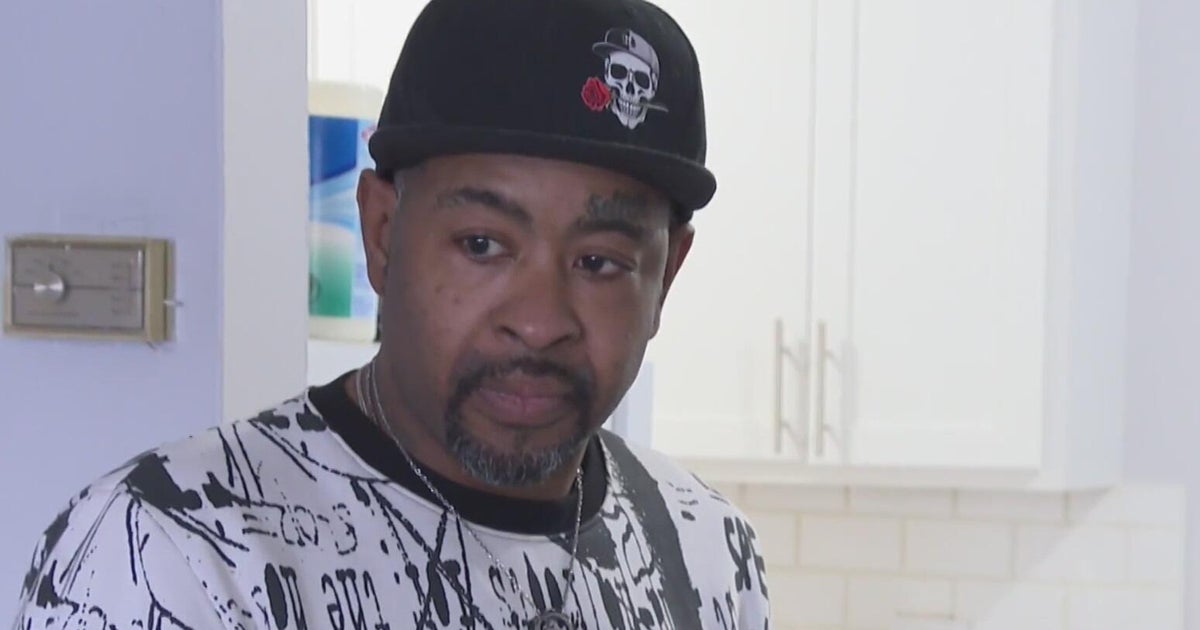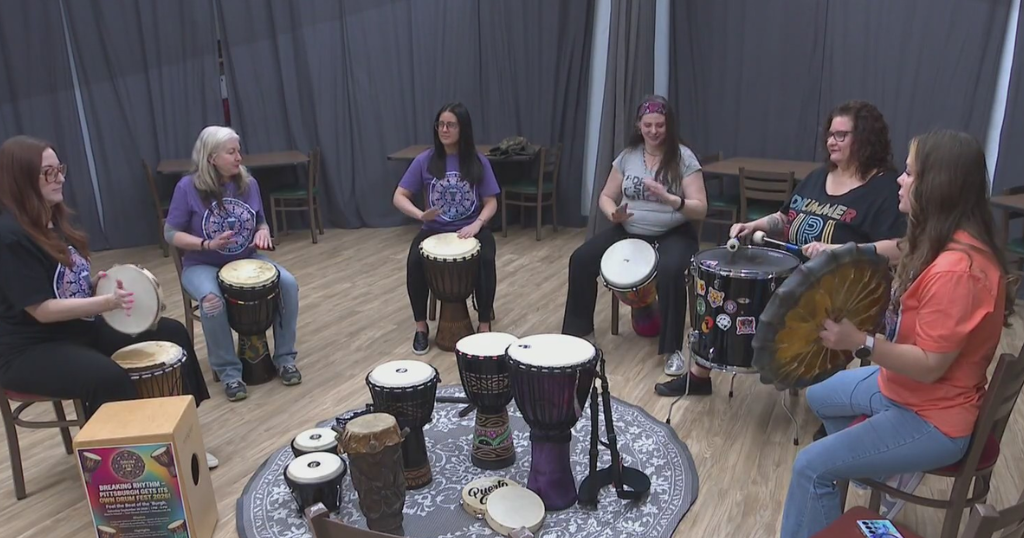More Women Struggling With Secondary Infertility
PITTSBURGH (KDKA) -- Infertility can take its toll on a couple trying to have a baby. But there is another side to the problem called secondary infertility and incidents of the condition are increasing.
Krissy McNeil, 37, doesn't mind picking up toys at her Pittsburgh home.
"You know, I always had a vision of having two babies on my lap," said McNeil.
McNeil and her husband got married in 2005 and took a few years just to enjoy being newlyweds.
She says when they tried to conceive their first child, Riley, it happened very quickly. So, when the time came to try for baby number two, what she thought would be just as easy became nearly impossible.
"It was a roller coaster ride of emotions, and you know, I would get baby shower invitations and other family members would have babies and friends and I'm happy for them, but it's really hard when you're going through it because you wish that it was you," she said.
McNeil is just one of an estimated three million women in the United States who can't conceive a baby even though they've had at least one child in the past.
It's known as secondary infertility, and you're hearing about it more often.
Dr. Amy Yester is an OB/GYN at West Penn Allegheny.
She says infertility is a very stressful thing.
"We spend the majority of our younger years probably trying to prevent pregnancy," said Dr. Yester.
There are many causes for secondary infertility.
"If we pick up bad habits, smoking or drinking, those are all things that can impact our fertility," said Dr. Yester. "Perhaps we have developed some kind of medical problem - you know, diabetes that isn't well controlled, certain other autoimmune problems."
In McNeil's case, after three years of trying to conceive, she discovered some unknown medical problems that made it harder to conceive.
Rather than pay thousands of dollars in in-vitro fertilization treatments, they adopted a precious baby boy. Little Braylon is 7-months-old.
"So, you know, it was very stressful, but now I'm so happy and I feel like everything happens for a reason," said McNeil. "It's amazing how things work out. We're blessed."
Dr. Yester says about 10 to 15 percent of the patient population suffers from infertility.
Dr. Yester says women over the age of 35 who have been trying to get pregnant for six months and can't, should schedule an appointment.
RELATED LINKS:
More Health News
More Reports by Kimberly Gill
Join The Conversation On The KDKA Facebook Page
Stay Up To Date, Follow KDKA On Twitter







